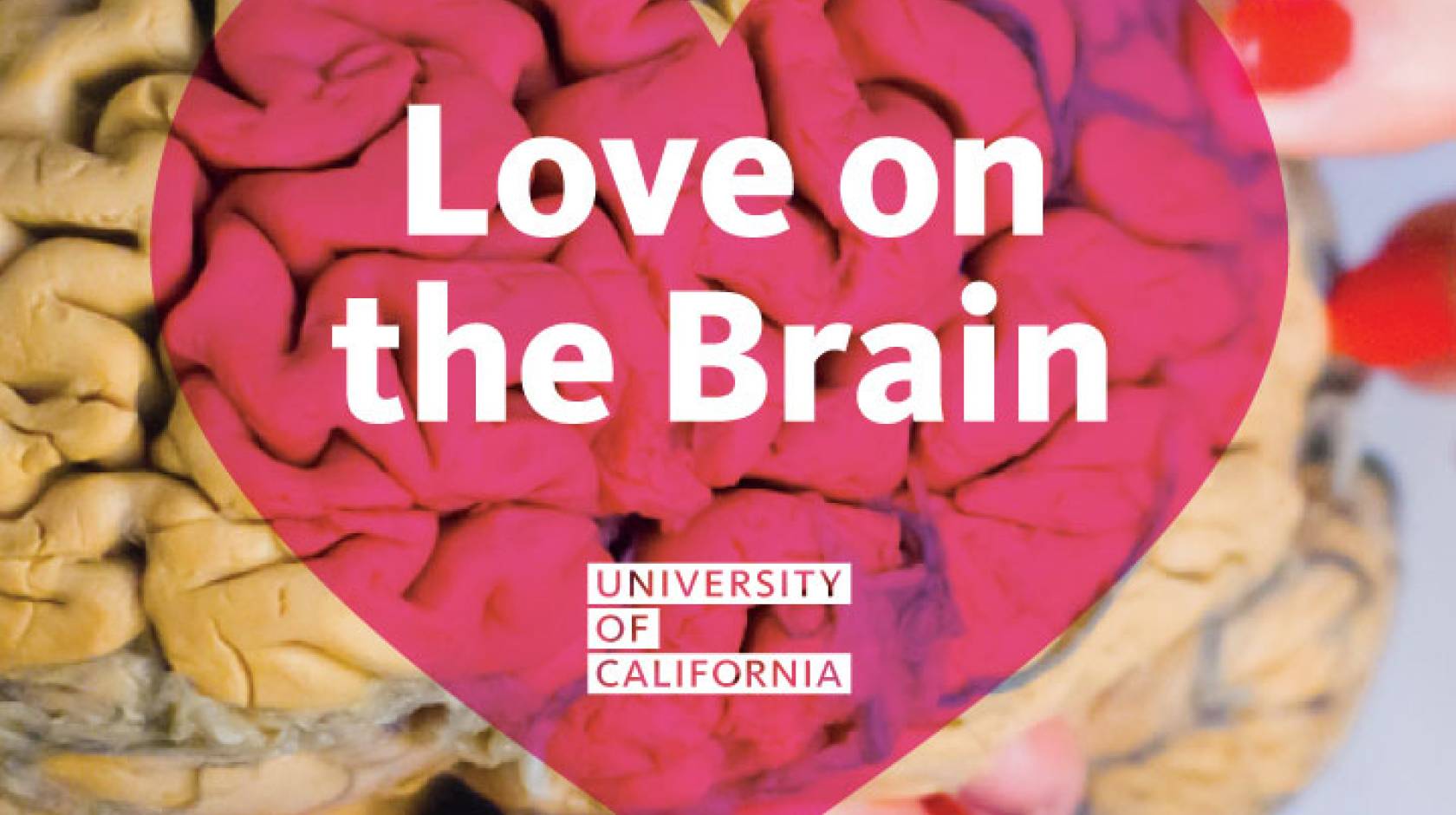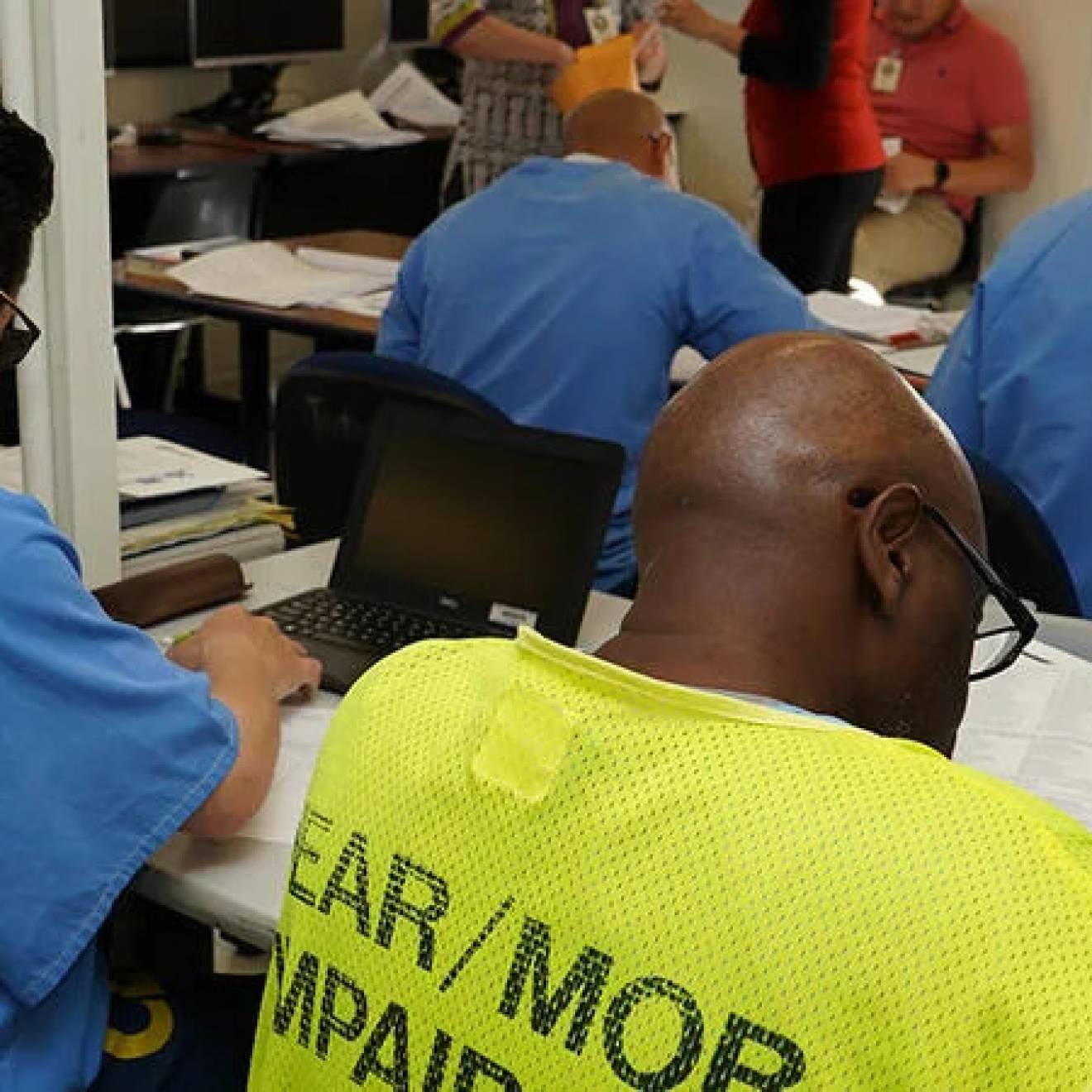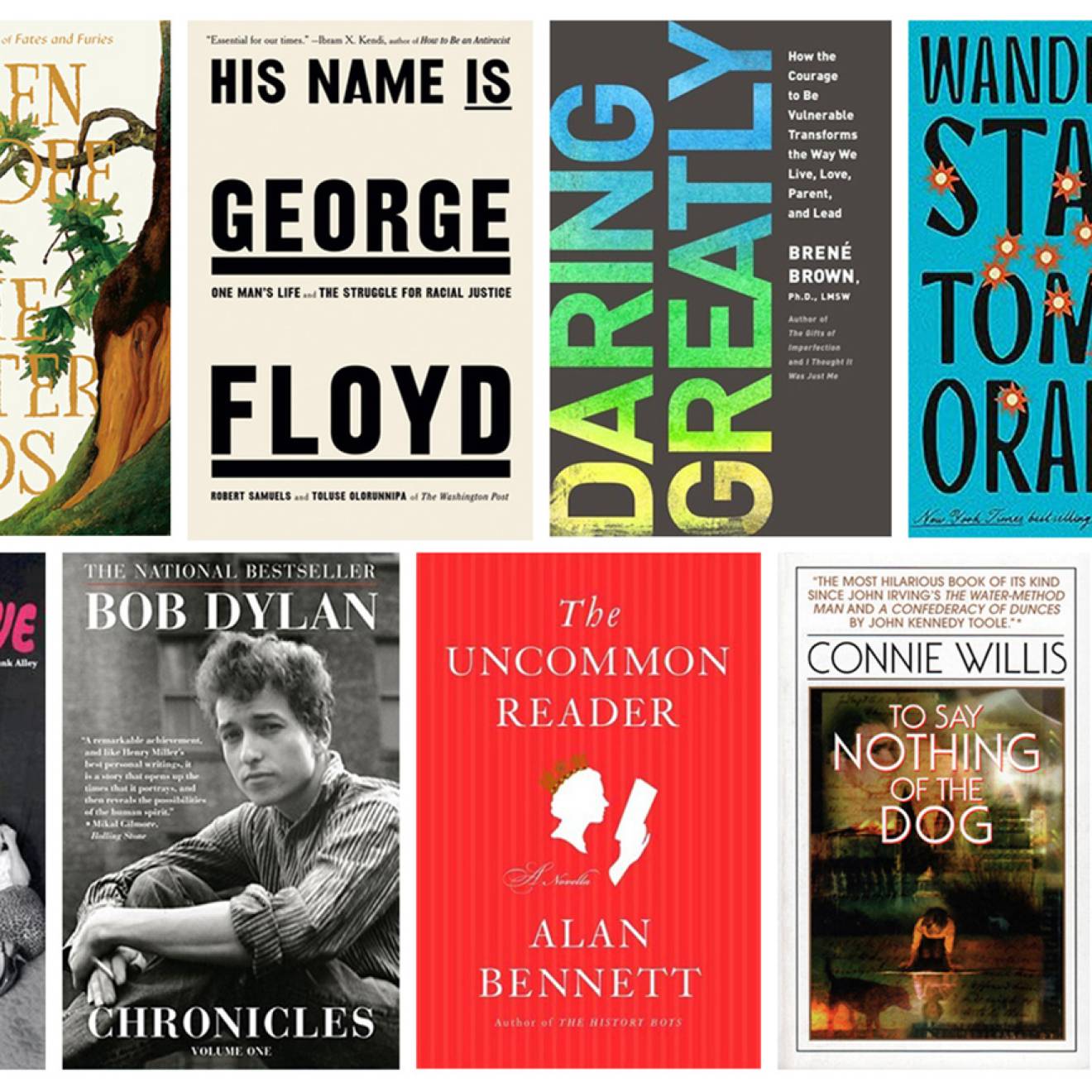Nicole Freeling, UC Newsroom

Why do fools fall — and stay — in love? UC love experts discuss the science behind romance.
To solve the mysteries of the heart, look no further than the human brain, say three UC researchers who study the science of love.
Credit: University of California
In a Facebook Live interview on Valentine’s Day, three renowned UC Berkeley psychologists and neurologists — Arthur Aron, Robert Levenson and Emiliana Simon-Thomas — discussed the drug-like effects of budding romance, and how that differs from the psychology and brain chemistry at work in a long-term relationship.
The dizzying first blush of romance triggers dopamine-activated reward centers in the brain, producing a rush that, neurologically speaking, is similar to taking a hit of cocaine. It is a great feeling, says Simon-Thomas, but it is chemically and psychologically unsustainable. “This is not a recipe for enduring love.”
In lasting relationships, the body’s physical response changes. What are triggered are not reward centers, but areas of the brain deep in the nervous system associated with caring and nurturing. Rather than the heady dopamine rush, the brain releases chemicals associated with calm and contentment.
“People in long-term trusting relationships tend to be really good at helping one another recover from difficulty,” said Simon-Thomas, science director at UC Berkeley’s Greater Good Institute and a leading expert on the neuropsychology of relationships. “If one person is suffering in some way, their partner’s mere presence can result in an increase in oxytocin in their blood stream which will calm their stress.”
“In the early days, you want those fireworks to go off but for it to last, you need to be with someone you are able to sit quietly with and be satisfied and feel supported,” said Levenson. He studies married couples to find out if marital success is in the genes.
“The great irony is that when we’re selecting mates — when Harry meets Sally or the Bachelor meets the Bachelorette — we’re not looking for those kinds of traits.”
The key to keeping relationships healthy over the long-haul? The researchers say, in a word: work.
One secret to harmony — ironically — is conflict. Successful couples learn through trial and error how to effectively navigate and resolve disagreements. Practicing gratitude for each other and seeking out new experiences and friendships together can also help to keep the flame of romance alight.
Staying in a relationship isn’t always the best recipe for happiness, said Levenson. Sometimes ending a relationship can be the beginning of a renaissance in someone’s life, he said. "Divorce is not the end of the world — in fact, for some people, it can be the start of the best part of their lives.”
But for those couples who do go the distance, the emotional and physical benefits can be far-reaching. As the head-spinning, giddy rush of romance fades, what is left can be something much more profound: the sense of being truly valued.
“You’re no longer doing a fancy dance; you are not masquerading as something you’re not,” Levenson said. “To the people who get to the fourth and fifth decades of their lives together, they get to the place where they know that the person they really are is a person who is truly respected and accepted.”

